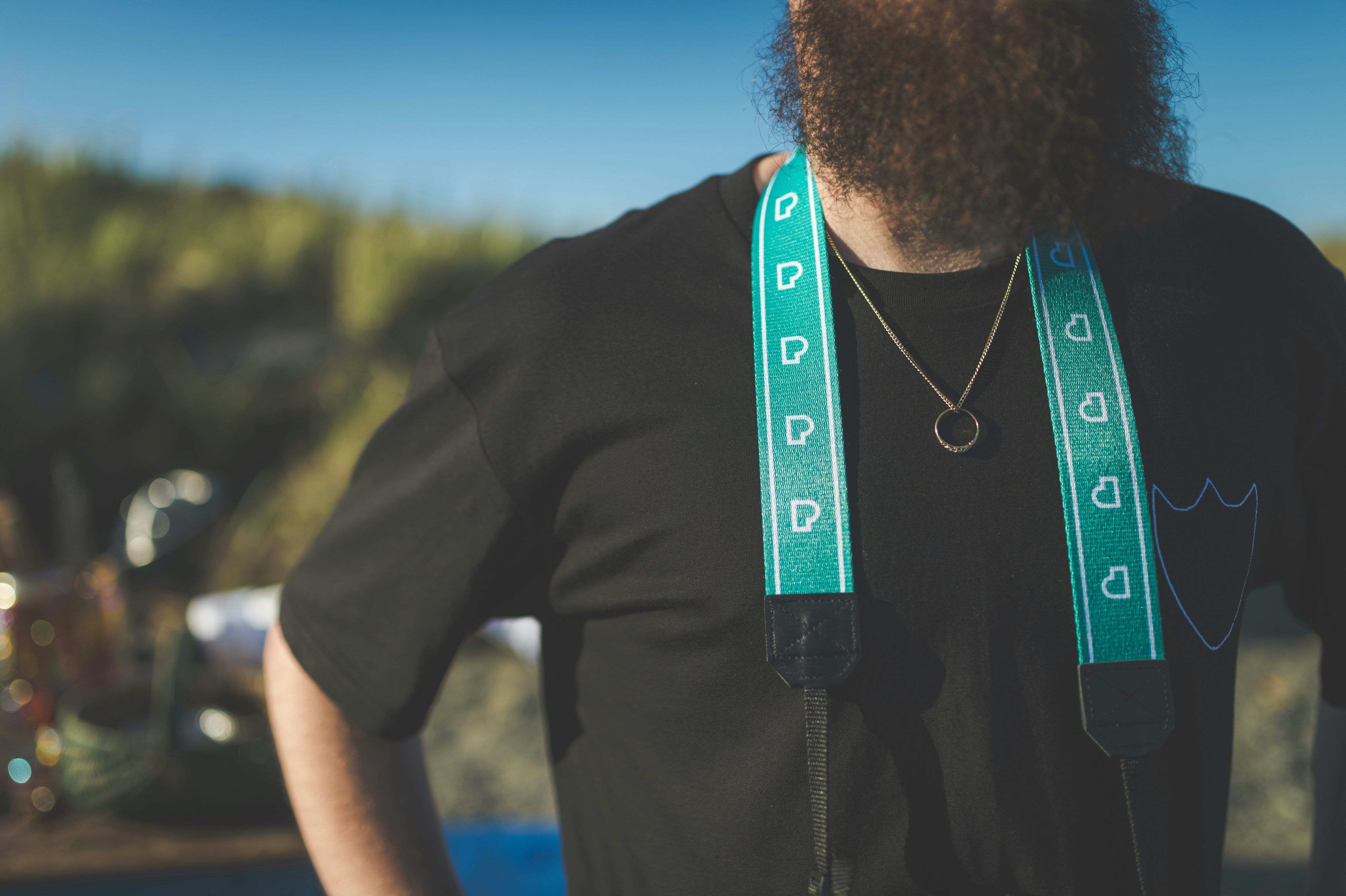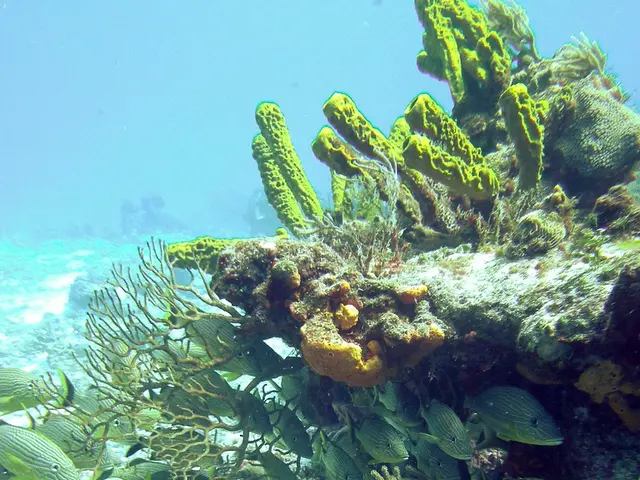Over ten thousand lifeguards are deployed across North Rhine-Westphalia during the summer season. - Over 9,000 lifeguards on duty across North Rhine-Westphalia during summer season.
Lifeguards Ready for Action: Over 9,500 on Duty in North Rhine-Westphalia this Summer
Over 9,500 lifeguards from the German Life Saving Association (DLRG) will be guarding bathers and water sports enthusiasts in North Rhine-Westphalia (NRW) this summer. This is the third consecutive year that the number of volunteer lifeguards in Germany's most populous federal state has surpassed 9,500, according to the DLRG.
These lifeguards will be patrolling around 200 lakes and rivers in NRW, as well as supporting pool supervision in nearly 200 swimming pools. Their duties include turning over capsized boats, providing first aid, searching for missing individuals, and responding when someone is in distress in the water, as highlighted by Stefan Albrecht, president of DLRG North Rhine.
In the past two years alone, volunteer lifeguards in NRW have saved over 230 people from drowning and provided assistance to around 9,000 others. However, despite the lifeguards' efforts, fatal drowning accidents still occur in unguarded rivers and lakes. Last year, at least 57 people drowned in NRW—ten more than the previous year.
To raise awareness about the dangers of swimming in unguarded areas, the DLRG emphasizes the riskiness of swimming in the Rhine and advises against it, a warning also issued by the Düsseldorf fire department. Additionally, the DLRG cautions against diving into cold or murky water, as the sudden temperature change can pose a threat to the heart and circulatory system.
The DLRG in NRW reports an increase in membership, with over 164,000 members (as of the end of 2024), a rise of 13,000 compared to ten years ago. The number of volunteer swimming instructors and lifeguards has also seen a significant jump compared to ten years ago. Since 2017, there has been a growing popularity of junior teams for water service, and in 2024, over 9,100 volunteers were involved in swimming lessons, while around 21,600 children, young people, and adults successfully passed a bronze, silver, or gold swimming badge in NRW.
Moreover, lifeguards from NRW extend their services outside the federal state, with at least 1,000 lifeguards from the two DLRG associations in NRW providing support to the water rescue service at the North and Baltic Seas during the summer. They spend one to two weeks of their vacation or holidays watching over holidaymakers at one of the approximately 100 guarded beach sections between Borkum and Usedom, with the seaside resorts covering travel costs, providing accommodation, and paying a daily allowance.
[1] General Information on Lifeguard Duties: Lifeguards in North Rhine-Westphalia typically monitor beaches, lakes, and public pools to ensure swimmers’ safety, provide first aid and emergency response, enforce swimming zone rules, conduct rescue operations, and educate the public about water safety and potential hazards. For specific summer 2025 staffing updates and precise numbers of lifeguards, consult local authorities such as the German Lifeguard Association (DLRG) or municipal offices in North Rhine-Westphalia.
In the context of community safety and health-and-wellness, the German Life Saving Association (DLRG) is planning to provide vocational training for lifeguards in North Rhine-Westphalia this summer, following the success of previous years. This training could potentially expand into areas such as science, fitness-and-exercise, and sports, considering the multifaceted roles of lifeguards that include turning over capsized boats, providing first aid, and promoting water safety education.








